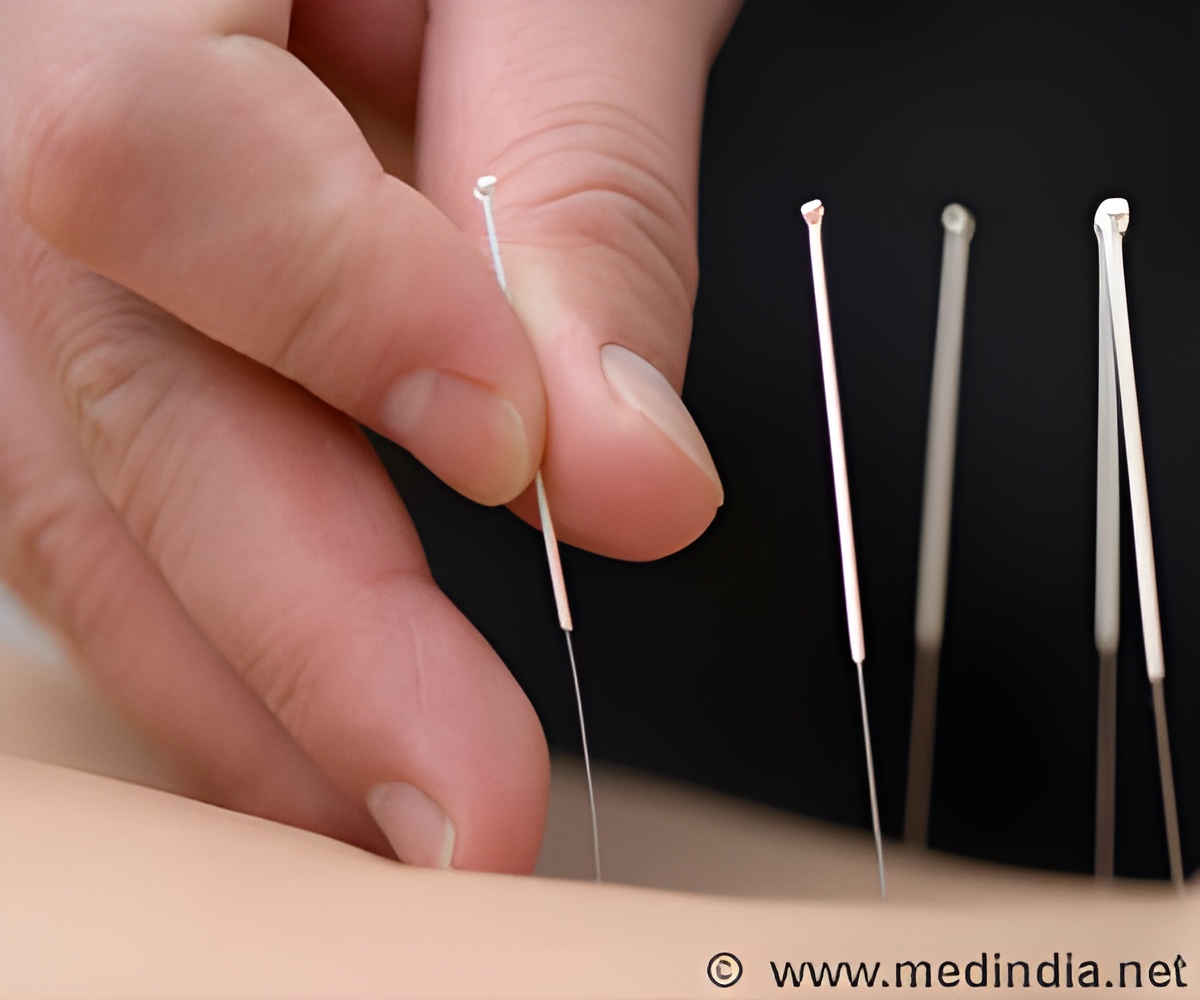
But David Colquhoun, PhD, of University College London and Dr Steven P. Novella of Yale University School of Medicine take a different view, concluding, ""[T]he benefits of acupuncture are likely nonexistent, or at best are too small and too transient to be of any clinical significance."
Both groups of authors evaluate the research literature on acupuncture for management of three problems commonly seen anesthesia practice, for which current drug treatments aren't completely effective: postoperative nausea and vomiting (PONV), postoperative pain, and chronic pain conditions.
Acupuncture studies pose unique challenges, especially in terms of selecting inactive "placebo" comparison treatments.
While acknowledging these difficulties, Dr Wang and coauthors note that many studies have reported benefits of acupuncture. In their view, the evidence is strongest for acupuncture's effectiveness in preventing PONV. One recent research summary, including data on nearly 4,900 patients, concluded that treatment directed at one specific "acupoint" is as effective as conventional drug treatments in preventing PONV, with only minor side effects.
Other studies have reported that acupuncture can reduce the need for pain medication after surgery. Although evidence on chronic pain is mixed, some reports have found acupuncture to be a "reasonable option" for certain conditions, such as knee pain from osteoarthritis. Studies have also supported the cost-effectiveness of acupuncture, showing improvements in health-related quality of life at a small additional cost.
Advertisement
But evaluating the same research, Drs Colquhoun and Novella noted that the largest, highest-quality studies of acupuncture find no significant reduction in pain, compared to inactive treatments.
Advertisement
Drs Colquhoun and Novella cited a number of weaknesses in the research evidence, including selectively focusing on a few positive results and "publication bias"-publishing only those studies that show positive effects of acupuncture.
They noted that even for PONV-the problem with the strongest body of evidence-most studies supporting acupuncture were performed by one group of researchers, with significant scientific weaknesses.
With this history of "variable and inconsistent" results, acupuncture should be regarded as "an inactive intervention," Drs Colquhoun and Novella believe.
"Since it has proved impossible to find consistent evidence after more than 3000 trials, it is time to give up," they concluded.
Source-ANI






